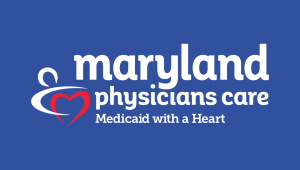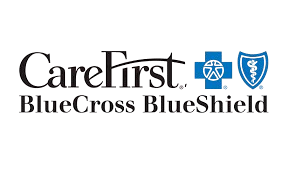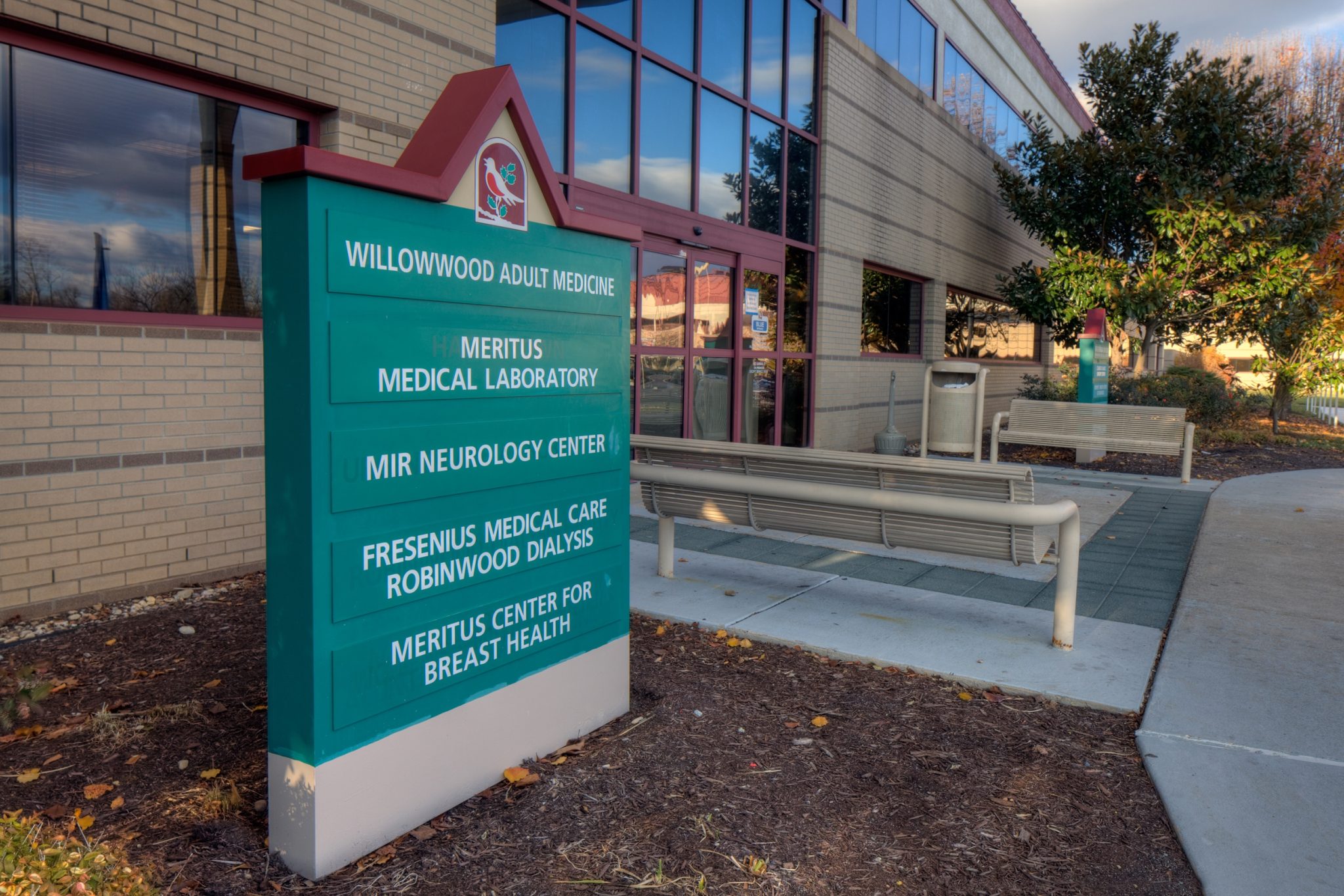We're Hiring! Join Our Team as a Nurse Practitioner - Apply Now. to Make a Difference in Patient Care!
Alzheimer’s Disease

Alzheimer’s Disease Treatment and Management Services
Alzheimer’s disease is a progressive neurodegenerative disorder that affects memory, thinking, and behavior. It is the most common cause of dementia, accounting for 60-70% of all dementia cases. As the disease progresses, individuals with Alzheimer’s may experience significant memory loss, confusion, difficulty with daily tasks, and personality changes. While there is no cure for Alzheimer’s disease, early diagnosis and a comprehensive treatment approach can help manage symptoms and improve quality of life. Our clinic specializes in the diagnosis, treatment, and management of Alzheimer’s disease, offering personalized care to help patients and their families navigate the challenges of this condition.
What is Alzheimer’s Disease?
Alzheimer’s disease is a type of dementia that impacts cognitive abilities, such as memory, reasoning, and communication. The exact cause of Alzheimer’s remains unclear, but it is believed to result from a combination of genetic, environmental, and lifestyle factors that lead to the accumulation of abnormal protein plaques and tangles in the brain. These plaques and tangles interfere with communication between brain cells, eventually causing the cells to die.
Symptoms of Alzheimer’s disease usually develop slowly and worsen over time. Initially, individuals may experience mild memory loss, such as forgetting names or misplacing items. As the disease progresses, memory and cognitive function deteriorate further, leading to confusion, difficulty with language, and problems with daily activities.
Symptoms of Alzheimer’s Disease
The symptoms of Alzheimer’s disease can vary from person to person, but common signs include:
- Memory Loss: Difficulty remembering recent events, appointments, or conversations.
- Confusion: Becoming easily disoriented or lost in familiar places.
- Difficulty with Language: Struggling to find the right words, repeating phrases, or having trouble understanding spoken or written language.
- Impaired Judgment and Reasoning: Difficulty making decisions or solving problems, such as poor financial choices or forgetting to pay bills.
- Changes in Mood and Behavior: Increased anxiety, depression, irritability, and mood swings.
- Difficulty with Daily Tasks: Challenges in performing routine activities such as cooking, dressing, and managing personal hygiene.
- Personality Changes: Increased suspicion, paranoia, or withdrawal from social interactions.
In the later stages of Alzheimer’s disease, individuals may lose the ability to communicate and require assistance with basic activities of daily living.
Causes and Risk Factors
The exact cause of Alzheimer’s disease is not fully understood, but several factors are believed to contribute to its development:
- Age: The risk of Alzheimer’s increases with age, with the majority of cases occurring in individuals over 65.
- Genetics: A family history of Alzheimer’s increases the likelihood of developing the disease. Certain genes, such as the APOE-e4 gene, are associated with a higher risk.
- Gender: Women are more likely to develop Alzheimer’s than men, although the reasons for this difference are not entirely clear.
- Lifestyle Factors: Poor diet, lack of exercise, smoking, and excessive alcohol consumption can increase the risk of developing Alzheimer’s.
- Head Injury: A history of head trauma may increase the risk of developing Alzheimer’s later in life.
- Chronic Health Conditions: Conditions like high blood pressure, diabetes, and high cholesterol may contribute to the development of Alzheimer’s disease.
While genetics and age are non-modifiable risk factors, maintaining a healthy lifestyle may help reduce the risk of developing Alzheimer’s disease.
Diagnosis of Alzheimer’s Disease
Diagnosing Alzheimer’s disease can be challenging, as there is no single test that can confirm the condition. Our clinic employs a comprehensive diagnostic process that includes:
- Medical History: A thorough review of symptoms, family history, and any relevant medical conditions.
- Cognitive and Memory Tests: Neuropsychological assessments to evaluate memory, attention, problem-solving, and language skills.
- Physical and Neurological Exams: A detailed examination to assess reflexes, motor skills, and coordination.
- Brain Imaging: MRI or CT scans can help rule out other conditions and assess changes in the brain associated with Alzheimer’s disease.
- Laboratory Tests: Blood tests to rule out other potential causes of cognitive decline, such as infections or vitamin deficiencies.
A diagnosis of Alzheimer’s disease is typically made based on the presence of cognitive decline and the exclusion of other possible causes of memory loss.
Treatment Options for Alzheimer’s Disease
While there is no cure for Alzheimer’s disease, several treatments can help manage symptoms and improve the quality of life for individuals living with the condition. Our clinic offers a personalized, holistic approach to treatment, which may include medication, therapy, and lifestyle modifications.
1. Medications
Several medications are approved to help manage the symptoms of Alzheimer’s disease, including:
- Cholinesterase Inhibitors: These medications, such as donepezil, rivastigmine, and galantamine, work by increasing levels of acetylcholine, a neurotransmitter important for memory and learning.
- Glutamate Regulators: Memantine is a medication that regulates the activity of glutamate, a chemical involved in learning and memory, and can help improve symptoms in moderate to severe Alzheimer’s.
- Antidepressants and Antianxiety Medications: These may be prescribed to address depression, anxiety, and behavioral changes that often accompany Alzheimer’s.
Medications are tailored to each individual based on the stage of the disease and the symptoms they experience.
2. Cognitive and Behavioral Therapies
Cognitive therapies, such as cognitive stimulation therapy (CST), are designed to help improve cognitive function and support mental well-being. In addition to cognitive therapies, behavioral interventions can help manage challenging behaviors such as aggression, agitation, or wandering.
- Cognitive Stimulation Therapy (CST): A structured program that includes activities designed to engage memory, problem-solving, and other cognitive functions.
- Reminiscence Therapy: Involves discussing past memories, often with the use of photos, music, or objects, to help patients reconnect with their history and reduce confusion.
- Behavioral Management: Strategies to address specific behavioral issues, such as sleep disturbances or aggression.
3. Lifestyle Modifications
Making certain lifestyle changes can help individuals with Alzheimer’s disease live more comfortably and independently for as long as possible. Key lifestyle modifications include:
- Physical Exercise: Regular physical activity can improve brain function, reduce symptoms of depression, and enhance overall well-being.
- Healthy Diet: A balanced diet rich in fruits, vegetables, whole grains, and healthy fats can support brain health and manage chronic conditions like high blood pressure and diabetes.
- Sleep Hygiene: Establishing regular sleep routines and creating a calm, relaxing environment can help improve sleep quality.
- Social Engagement: Staying socially active and engaged can help reduce feelings of isolation and depression.
4. Caregiver Support
Caring for someone with Alzheimer’s disease can be challenging, and we offer support for family members and caregivers. Our services include:
- Caregiver Training: Educating caregivers on how to manage symptoms, provide daily care, and handle challenging behaviors.
- Support Groups: Connecting caregivers with others who are going through similar experiences to provide emotional support.
- Respite Care: Offering caregivers a break by arranging for short-term care of their loved one.
Why Choose Our Alzheimer’s Disease Services?
- Personalized Care Plans
We develop customized treatment plans that cater to each patient’s specific symptoms and needs, ensuring the most effective approach to managing Alzheimer’s disease. - Multidisciplinary Team
Our team of neurologists, geriatric specialists, psychologists, and caregivers work together to provide comprehensive care. - Family and Caregiver Support
We understand the challenges of caring for a loved one with Alzheimer’s and offer resources and support for families and caregivers. - Compassionate and Dedicated Care
We are committed to providing compassionate care that enhances the lives of both patients and their families, promoting dignity and respect at every stage of the disease.
Contact Us for Alzheimer’s Disease Care
If you or a loved one has been diagnosed with Alzheimer’s disease or are experiencing symptoms, contact us today to schedule a consultation. Our team is dedicated to providing expert care and support to help individuals manage Alzheimer’s and maintain a high quality of life.

























